The idea that hostile environments are a hotbed for solid leadership is by no means revolutionary, and 2022 has been a scorcher. For many businesses, the prolonged period of uncertainty that has dominated newsfeeds in recent years has provided leaders with a new opportunity to test their mettle.
With heads of departments itching to stay ahead of the competition, establishing enterprise agility has begun to take top billing on many CEOs’ agendas.
However, delivering a nimble approach to business strategy is sufficiently challenging, before factoring in the need to galvanise an entire workforce around this principle. While companies may commit significant investment into creating agile structures and processes, successfully putting this into practice only works if employees have the right mindsets, tools and behaviours to keep up.
Embedding an agile culture across an organisation allows teams to respond quickly to market changes, client demands and deadlines, and in turn, organisations can make decisions and act on those decisions at pace.
Changing how we think and behave requires neurons to fire in new ways and demands more cognitive energy. That’s why we tend to stick to what we know.
Marion Gamel, EzraX master coach and X-Googler, advocates a top-down, people-first approach. “Coaching can have a profound impact on the level of agility of a leader or an entire team. A coach can help you understand why you may be concerned about a transformation or a time of change and be more in control of your reaction,” she says.
Knowledge, processes and training programs are not enough to inspire agility. Rather, nurturing growth mindsets and helping employees to build a tolerance for uncertainty is paramount. While some people may be more naturally disposed to agile, most need help to get there.
Gamel explains: “Despite the fact that the brain is an organ built to adapt, it is not fond of change. Our brain strives to be efficient - preferring to fire down well-trodden neural paths, that are cemented over time through habit and routine. Changing how we think and behave requires neurons to fire in new ways and demands more cognitive energy. That’s why we tend to stick to what we know.”
Digging deeper
Although behaviour is complex, it is not a mystery. Sinéad Keenan, SVP of Ezra’s Impact Labs, outlines four behavioural insights that are primed to derail businesses’ agility efforts.
First, people are more disposed to change when they feel successful. Moreso than failure, success is a unifying force that creates teachable moments. Those with perfectionist tendencies might agonise over being ‘good enough’; others may discount feedback that challenges their success.
Second, a consistent finding is that people are motivated by a sense of progress. Whereas agility means embracing setbacks and a chop-and-change mentality, employees are operating at a human level and need a degree of certainty, routine and a clear sense of progress to thrive.
Accountability is the next step towards agile behaviours. People tend to prefer short-term gains to long-term ones which is why they often prefer to do nothing than change. But, simply stating to a coach that they will try something out means being held to account, and they are more likely to do it.
Finally, competing commitments can derail efforts to be agile. Managers may be fully committed to empowering their teams to be flexible and responsive while, often without realising, feeling a need to maintain control and mitigate potential mistakes.
Ezra leverages these human insights to drive personal behaviour change at scale. Its highly skilled coaches build that success mindset, make agile a habit, or capability, and uncover those competing commitments which may derail best intentions.
Gamel challenges businesses to walk this line. “Coaching conversations often help build confidence and clarify your personal narrative, empowering you to dare to shift and innovate. At the executive level, coaching helps leaders to inspire trust and create followership, the required foundation to drive change,” she says.
Next generation leadership
The trend towards remote working has brought with it a new wave of online coaching, explains Dan White, leadership development specialist at Ezra and director of Ezra’s Impact Labs.
“Technology in learning has moved on. We can now meet the learner where they are, at the point of need, so that they can learn in context, better than we ever could before.” In the digital economy, White suggests nixing rigid learning timeslots, instead providing learners with more extensive virtual resources, including systems that can be programmed to trigger events automatically.
“We can use the best bits of technology, the smart bits, to line up the right experiences for the right people at the right time… This gives the learning a chance to become sticky. After all, you’re more likely to remember what you learned if there isn’t a six-month lag, or if you’re not learning the skill after you already needed to know it.”
Digital environments allow for tighter targeting of the unique needs of each learner, says White. “When we deliver face-to-face learning, something I’ve done a lot, we do get that feeling that not all of the content is relevant to all learners.” White continues: “In a virtual world, we don’t need to accept those hit-and-miss rates anymore.”
Down to a science
Ezra is a leading global virtual coaching provider that delivers individualised leadership coaching through a global network of over 2,000 world-class accredited coaches. Its Impact Labs provide in-house behavioural science capabilities, backed by data for an evidence-based approach to coaching. At a cohort level, this means working with individuals to track meaningful organisation metrics and demonstrate the impact of an intervention.
At the executive level, coaching helps leaders to inspire trust and create followership
For example, food and beverage company Kraft Heinz teamed up with Ezra to prepare different leaders at different levels and across different teams across the business to roll out a new global business structure.
With the change looming, Ezra and Kraft Heinz sought to provide strategic continuity across a dozen countries, assessing potential pain points and designing a coaching programme that took into account the desired culture and values set out by its new CEO. Ezra coaches worked with 135 leaders from different levels of the organisation, conducting more than 800 individual sessions.
Stacey Johnson, head of leadership and culture at Kraft Heinz, said: “One of the things that Ezra offered was pure flexibility for our employees. The ease of being able to find and match with a coach based on a profile on an app. The ability to take a call before work, during work hours or after work.”
Johnson continues: “We are able to leverage Ezra’s huge network of leadership coaching so that our employees in China could get a coach just like our colleagues in the UK and the US.”
If winning behaviours are carefully cultivated and baked into an organisation’s DNA, whether facing planned operational changes or preparing for the unknown, winning outcomes will follow. As the Churchillian adage goes, success is not final, and failure never fatal. For businesses, agility means harnessing the courage to continue.
Putting coaching into practice
Of 160 senior leaders at a global bank, half were provided with tailored executive coaching for a period of three months. For the other 50%, it was business as usual. The cohort, responsible for the performance of around 2000 employees, tracked and measured their business outcomes periodically throughout the coaching intervention on both sides of the aisle.
Results were not immediate. Each consisting of about 1000 people, both teams’ performance showed minimal signs of improvement in the first month of implementation.
But, after six weeks, leaders that received executive coaching had begun to outperform their peers. By the end of the programme, a productivity gap of 18% had emerged in teams led by coached leaders versus those led by their uncoached counterparts.
The scheme highlighted some key findings around leadership behaviour and business growth. Key among them was that consistency provides a firm leadership foundation. From this vantage point, leaders can form more agile teams as the backbone of their departments.
For more information, visit helloezra.com

The idea that hostile environments are a hotbed for solid leadership is by no means revolutionary, and 2022 has been a scorcher. For many businesses, the prolonged period of uncertainty that has dominated newsfeeds in recent years has provided leaders with a new opportunity to test their mettle.
With heads of departments itching to stay ahead of the competition, establishing enterprise agility has begun to take top billing on many CEOs’ agendas.
However, delivering a nimble approach to business strategy is sufficiently challenging, before factoring in the need to galvanise an entire workforce around this principle. While companies may commit significant investment into creating agile structures and processes, successfully putting this into practice only works if employees have the right mindsets, tools and behaviours to keep up.

